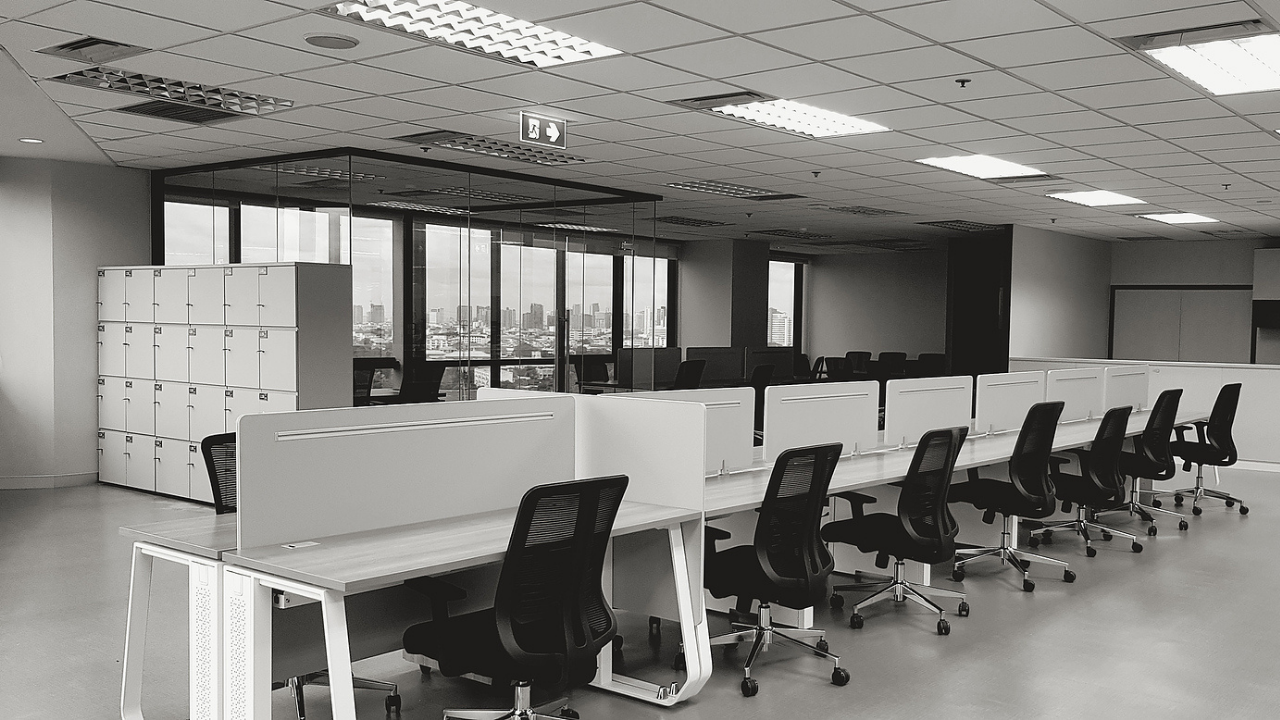Companies have readily adapted to the short-term impact of the ongoing pandemic, but it is essential for them to plan for the long-term influence the past several months will have on the future of working.
For instance, TD Economics has indicated that the pandemic is expected to cause a decrease in leasing and sales transactions throughout the end of the year.
However, analysts have noted that the pandemic has accelerated the rate of change in the workplace that has been predicted for years. Changes like teleworking, technology integration, virtual meetings and more were expected to be part of our daily work lives in the coming years, but the forced transition to remote working made it that much quicker.
Despite the grim assumption that office spaces could be at high risk of closing, major companies have started exploring flexible options for long-term arrangements.
These workspaces traditionally offer flexible leases at lower costs for businesses. As employees continue to work from home, this could be the ideal move for organizations looking to accommodate employees who want to work outside of the main office and closer to their homes.
Overall, it is unlikely that companies will adopt one extreme or another when it comes to workplace arrangements. Instead, a hybrid workforce where employees have the choice to be in a workplace or work from home is the most anticipated scenario.

 Dr. Gleb Tsipursky – The Office Whisperer
Dr. Gleb Tsipursky – The Office Whisperer Cat Johnson – Coworking Marketing Maven
Cat Johnson – Coworking Marketing Maven Angela Howard – Culture Expert
Angela Howard – Culture Expert Drew Jones – Design & Innovation
Drew Jones – Design & Innovation Andrea Pirrotti-Dranchak – Competitive Advantage
Andrea Pirrotti-Dranchak – Competitive Advantage Jonathan Price – CRE & Flex Expert
Jonathan Price – CRE & Flex Expert Jeremy Fennema – Tech Innovation Alchemist
Jeremy Fennema – Tech Innovation Alchemist







